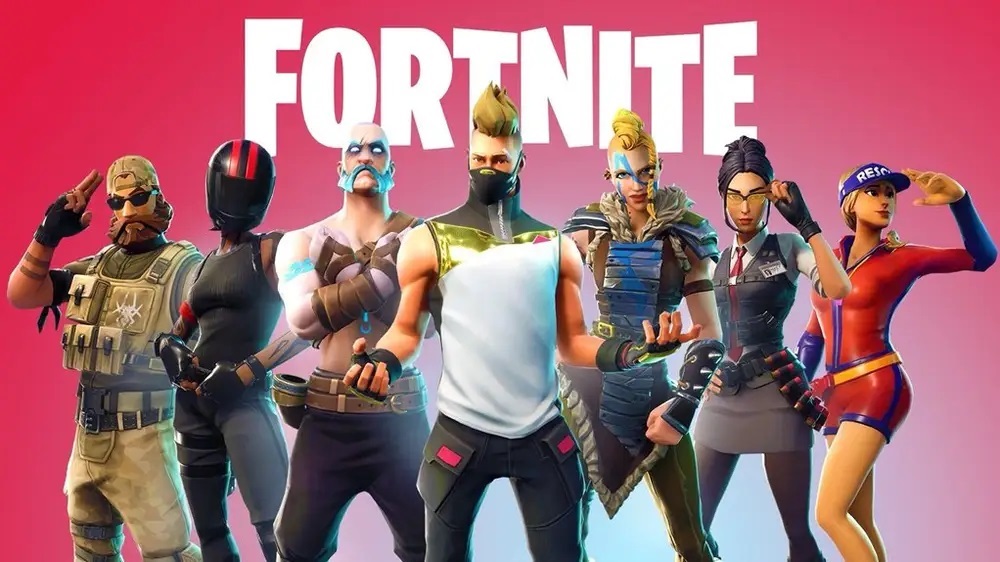
Kyle Hanagami is a well-known choreographer who has worked with superstars including Jennifer Lopez, Britney Spears, and Justin Bieber. On November 11, 2017, Hanagami uploaded a video of his choreography to a song by pop artist, Charlie Puth to YouTube. The video exploded in popularity, receiving nearly 36 million views.
On March 29, 2022, Hanagami filed a lawsuit for copyright infringement in the United States District Court for the Central District of California against video game developer, Epic Games. Epic Games is the manufacturer of the wildly popular video game “Fortnite.”
Hanagami claimed that Epic used a portion of his choreography from the video of the Puth song in “Fortnite.” Fortnite characters can be “customized” by purchasing content from a digital store. This store uses a virtual currency, which players can purchase with real money. Players can upgrade their avatars by purchasing an “emote,” which will cause the avatar to perform various dance moves. Hanagami contends that the emote at issue, “It’s Complicated,” contains multiple recognizable portions of his “choreography.
On May 27, 2022, Epic filed a motion to dismiss Hanagami’s case. Judge Stephen V. Wilson granted the motion on August 24, 2022, and dismissed the case without leave to amend.
Epic argued that, while the whole dance may be protectible, when the dance is broken down into segments and reduced to simple movements or poses, the choreography is no longer protectible. Epic argued that once the choreography was broken down, both the “poses” and the “steps” (consisting of two-second combinations of eight movements) were not “protectable” under the Copyright Act. Hanagami argued that the creativity and originality involved in creating the “steps” that Epic copied should be enough to make them protectible. The Court, however, sided with Epic. The Court stated that while more creativity and originality was used in Hanagami’s steps than in dances such as the Waltz, it was not enough to merit copyright protection. Thus, the Court held that because the only similarities between the dances were isolated “poses” and “steps,” Hanagami’s claim failed.
The Court also addressed Hanagami’s “unfair competition” claim based upon Epic essentially taking advantage of Hanagami’s popularity. Epic argued the claim should be “preempted by” the Copyright Act, and the Court agreed. In other words, you can’t label a copyright infringement claim as a different claim if it’s really just a copyright claim in disguise. Hanagami argued the claim was not preempted by the Copyright Act due to the fact that the use gave the public a false impression of endorsement of the game by Hanagami. The Court, however, held that merely adding an element of false endorsement to a copyright claim does not change the nature of the action.
Author’s Note: This is one of many examples of a company blatantly appropriating the intellectual property of another and the thief getting away with it. This author disagrees with the Court’s opinion.
Hanagami is represented by David L. Hecht, Kathryn L. Boyd and Maxim Price of Hecht Partners LLP.
Epic is represented by Dale M. Cendali, Joshua L. Simmons, and Yungmoon Chang of Kirkland and Ellis LLP.
The suit is Hanagami v. Epic Games Inc., case number 2:22-cv-02063, in the U.S. District Court for the Central District of California.
* Lowe & Associates (“The Firm”) is a boutique entertainment and business law firm located in Beverly Hills, California. The firm has extensive experience handling cases involving copyright law, having provided top-quality legal services to its clients since 1991. The Firm is recognized for its many achievements, including successfully litigating many high-profile cases.
Find us at our website at www.LoweLaw.com
